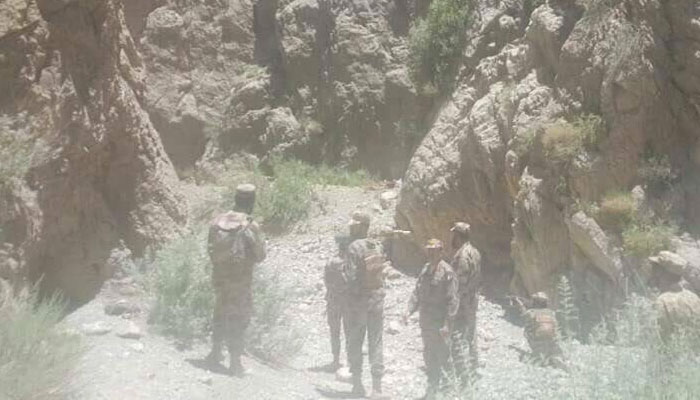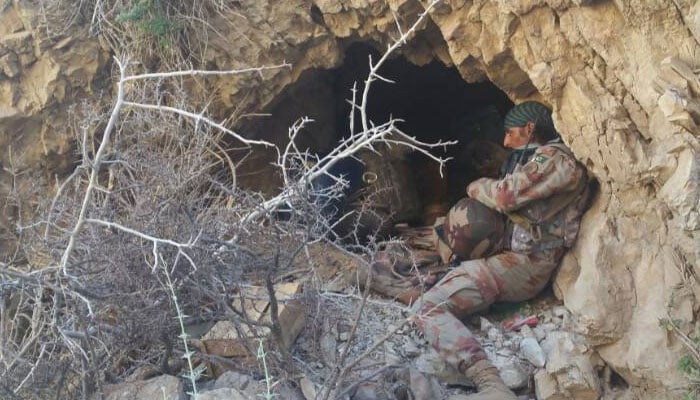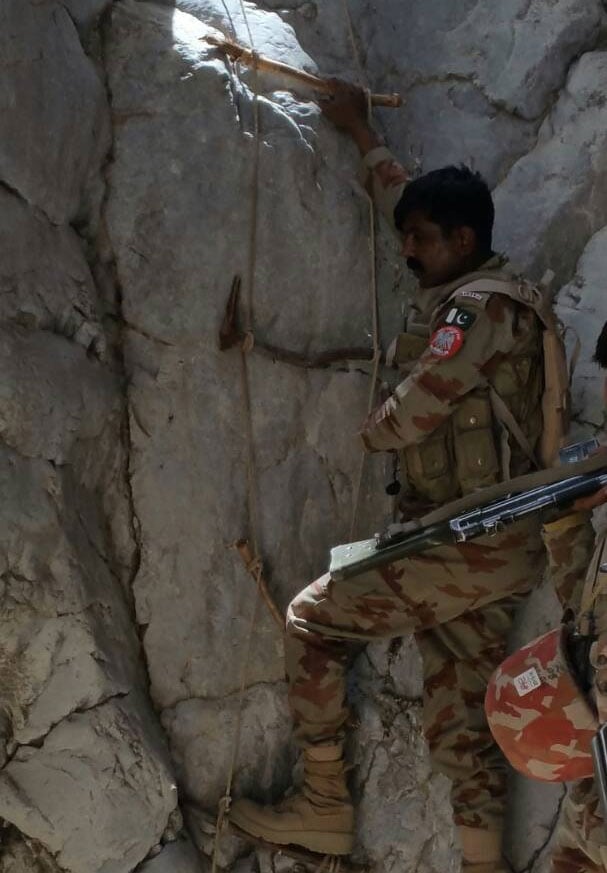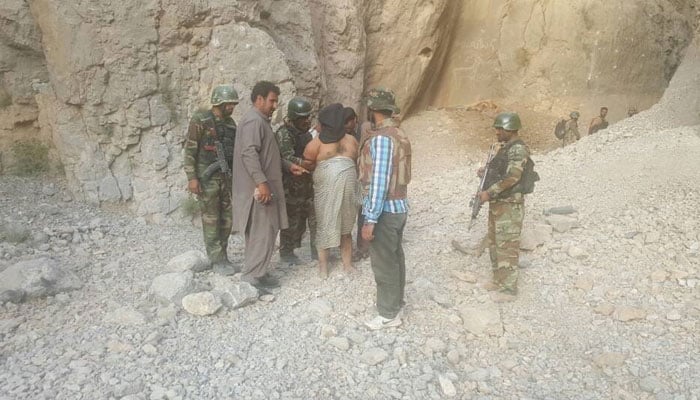ISLAMABAD: Pakistani security forces claimed to have dismantled the biggest network of ultra extremist militant group ‘Daesh’, by destroying its headquarters in Mastung Balochistan, wherefrom the group’s local commanders were controlling operations in Sindh, Balochistan and Punjab (close to Balochistan border).
“It took us some five days to tear down the ‘headquarter of Daesh’ in Mastung, Balochistan,” a senior official privy to the secret operation confided to this correspondent.

Daesh commander Ejaz Bangulzai was heading operations from this ‘key camp’, who is believed to have evaded the strike, moments before Pakistani military launched a full-fledged operation in Mastung last week, the official, who was not authorised to speak to media, revealed on Tuesday.
Farooq Bangulzai, brother of Ejaz Bangulzai, was facilitating the network from Nangarhar, Afghanistan. Bangulzai, before joining ranks of Daesh in Afghanistan, was heading Balochistan chapter of Lashkar-e-Jhangvi (LeJ) a year ago.
A covert operation, directly overseen by Lt. Gen. Amir Riaz, Commander Southern Command, was completed on Tuesday, wherein eleven local commanders of Daesh and LeJ were killed, while one of them, suspected of heading Sindh chapter of Daesh, surrendered to the forces.
The operation was conducted in Marao, Spilinji, Kabo, areas of Dasht including Koh-e-Maran of Mangocher and Koh-e-Siah, an area further towards Johan of Mangocher in Mastung.

During the operation, more than a dozen security personnel also sustained injuries including Lt. Col. Sajid, Major Faheem and Major Asim. Soldiers, Naeem and Nobahar, also sustained splinter wounds but their condition was stable. All the injured were shifted to CMH Quetta.
Security forces, relying upon information gathered by the Inter Services Intelligence (ISI) and the Military Intelligence (MI), encircled the vicinity 50 km from Mastung, where all top commanders of Daesh were inside a kilometer-long cave, officials said. The long and deep cave is situated in a treacherous area, and was not easy to enter into.
Perhaps, officials said, this was the very cave where the two Chinese nationals, abducted from Quetta last month, were kept and later shifted to an unknown place.

“They were well-trained terrorists and resisted for two days. [They] did not let forces get into the long cave,” commented another official involved in the exercise.
The complicated operation compelled top military leadership to move 20 brigades of Southern Command along with special operation wing of Frontier Corps Balochistan and light commandos. They even planned to call in anti-terrorism group of the military from its Tarbela Camp, the officials added.
Brigadier Bilal was commanding the operation on the ground, they said. Cobra and Pakistan Air Force (PAF) tried to destroy the cave but it was tactically impossible to knock it down.
Meanwhile, some officials also believed that the kingpins of Daesh Sindh chapter Hafeez Brohi and Abdullah Brohi were also in the cave during the raid. Names of both Brohis surfaced in connection with previous terrorist attacks in upper Sindh earlier this year. Both come from Mastung and have been affiliated with the banned Lashkar-e-Jhangvi (LeJ), Tehreek-e-Taliban Pakistan (TTP) and Jaish-e-Muhammad before joining ranks of Daesh.

But until the filing of this story no confirmation was received whether Bangulzai brothers were arrested or escaped, or were they gunned down.
The camp had also been in use of Balochistan Republican Army (BRA) kingpin, Nabi Bangulzai, and LeJ Balochistan’s Ramzan Mengal.
However, it was not clear whether the BRA leadership was also present inside the cave or not.
A spokesperson for Balochistan government, Anwar-ul-Haq Kakar, also confirmed that the network of Daesh-backed militants was busted by the forces.
He, however, was not sure about the identity of the militant commanders killed in the operation, but was quick to say that the military would brief the media on this major development soon.








